Hinge Points: An Inside Look at North Korea’s Nuclear Program
The website for Hinge Points was developed by Dr. Alla Kassianova and Mr. Frank Willey, Stanford University associates of Dr. Hecker’s. They received technical support from Sharon Krossa (at Stanford University) and David and Anne-Marie Steiger at the Middlebury Institute of International Studies at Monterey.
This section contains a brief background story about the beginning of the book author’s trips to North Korea and the motives that many years later drove Hecker to write the book. Additionally, it introduces the members of Stanford delegations who shared Hecker’s trips to North Korea over the years.
Background
In October 2003, Professor John Lewis of Stanford University invited Siegfried Hecker to accompany him on his next trip to North Korea. For Lewis, this would have been a ninth trip in about fourteen years. For Hecker, “going to North Korea was the last thing on [his] mind”. At the time, Hecker was a senior fellow at the Los Alamos National Laboratory where he had served as fifth director for nearly twelve years until 1996. Hecker was happy to be back to the research world and “was deeply ensconced trying to unravel the scientific mysteries of plutonium and working collaboratively with Russian nuclear weapons experts to help them mitigate the nuclear dangers that arose after the dissolution of the Soviet Union”.
John Lewis, however, was persistent. On his eighth visit to North Korea in August 2003, his North Korean interlocutors told him about their motives in restarting the Yongbyon nuclear complex and mentioned the possibility of arranging his visit there on his next trip. At that time, international inspectors and U.S. technical personnel had been expelled from Yongbyon with the demise of the Agreed Framework. Lewis was convinced that Hecker as a nuclear expert would be an indispensable companion on that trip.
To Hecker’s complete surprise, his travel was approved both in Washington and Pyongyang. That first trip shattered his preconceived notions about North Korea and its nuclear program. At the same time, Hecker became alarmed about the apparent inability of policy makers in Washington to recognize the risks posed by progression of technical developments in the North nuclear program. This was “the beginning of a nearly two-decade endeavor to better assess North Korea’s nuclear program and mitigate the risk it posed to our Northeast Asian allies, South Korea and Japan, and U.S. assets in the region and at home”. Hecker went back to North Korea each of the next six years. Each trip brought more information about the nature of the nuclear program and the policy goals of the North.
Hecker’s last visit was in November 2010. Since then, North Korea’s nuclear facilities have been off limits to all outsiders. In Hecker’s words, “I watched from afar as the North showed off one nuclear advance after another. I continued to update my technical analysis, followed political developments closely, and provided advice to our government and to allies. I was frustrated by how successive U.S. administrations were not able to prevent a country with such a weak hand from becoming one of fewer than ten countries in the world to possess a nuclear arsenal, and one of only three that might target the United States. My analysis of how this happened, what could have been done differently, and the lessons learned for future administrations are the subject of Hinge Points”.
Stanford Delegation Members
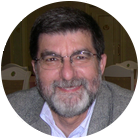 Robert L. Carlin, on Stanford team’s DPRK trips in 2006, 2007, 2009, and 2010 |
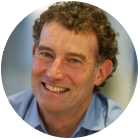 Paul Carroll, on Stanford team’s DPRK trip in 2009 |
 Siegfried S. Hecker, Author |
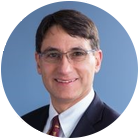 Frank Jannuzi, with Stanford team on 2004 trip |
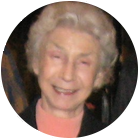 Marjorie Kiewit, on Stanford team’s DPRK trip in 2009 |
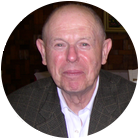 John W. Lewis, Led Stanford delegations with Hecker on team in 2004, 2005, 2006, 2007, 2009, and 2010 |
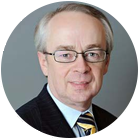 Keith Luse, on Stanford team’s DPRK trips in 2004 and 2008 |
 John Merrill, on Stanford team’s DPRK trip in 2007 |
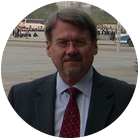 Charles “Jack” Pritchard, on Stanford team’s DPRK trips in 2004, 2005, and 2006 |
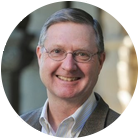 David Straub, on Stanford team’s DPRK trip in 2009 |
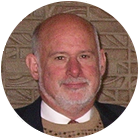 Joel S. Wit, on Stanford team’s DPRK trip in 2008 |
Contact Us
For questions, comments, or requests, please email Siegfried Hecker at [email protected].
